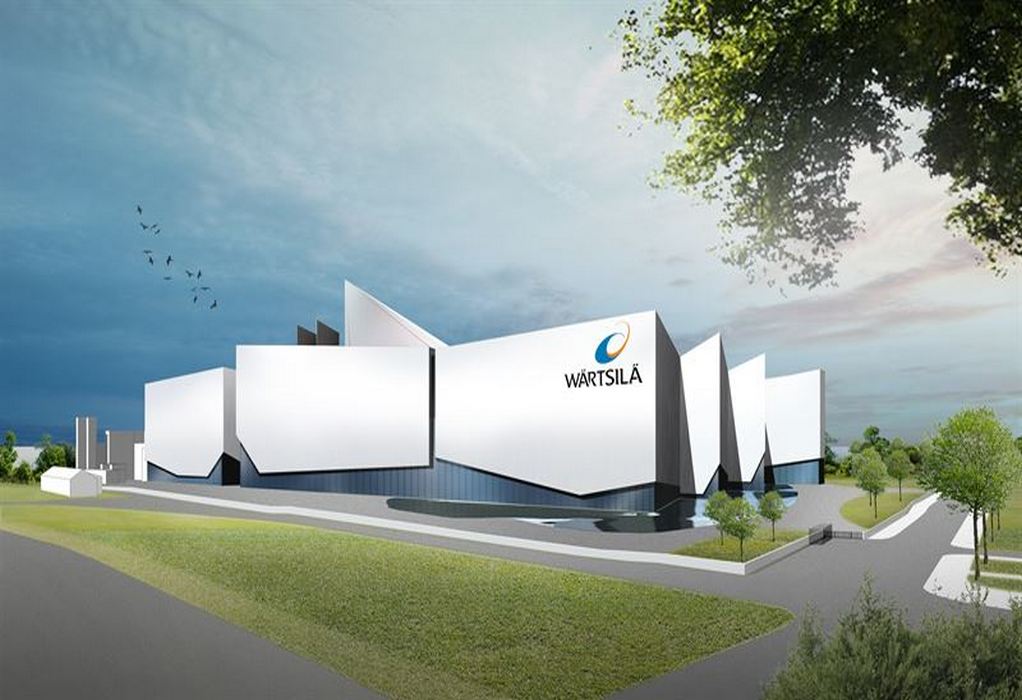A powerful consortium of shipping stakeholders is aiming to develop demonstrators for two-stroke and four-stroke marine engines running on ammonia fuel. The Ammonia 2-4 project aims to advance viable concepts for ammonia fuel.
The project is coordinated by technology group Wärtsilä, with participation from naval architects C-Job, classification society DNV, ship owner MSC and the National Research Council (CNR) of Italy. It has secured funding of €10 million from the European Union through the Horizon Europe research funding initiative.
“Ammonia is one of main candidates in shipping’s search for future fuels,” explains Sebastiaan Bleuanus, General Manager, Research Coordination & Funding, Wärtsilä Marine Power. “Wärtsilä has already proven an engine concept running on blends of up to 70% ammonia so far and will have a concept running on pure ammonia by 2023. This project is a fantastic opportunity to accelerate development of the solutions shipping will need.”
The outcomes of the project will include a lab-based demonstrator for the four-stroke ammonia engine, and a lab-based test engine followed by a vessel retrofit for the two-stroke version by 2025. As well as advancing the engine concepts, the Ammonia 2-4 project will further develop concepts around fuel handling and safety as well as contributing inputs towards a regulatory framework for ammonia.
Niels de Vries, Lead Naval Architect at C-Job Naval Architects, said: “Thanks to the project set-up, we’ll be able to show the application of ammonia as a marine fuel for both ships using fuel direct configurations and ships using fuel electric configurations. We’re excited to take this next step and apply our knowledge and experience in Ammonia 2-4 together with our partners.”
“Ammonia as fuel has great potential, especially for deep-sea shipping. Collaborative efforts to put safe, reliable and environmentally friendly engine technology in place are essential for ammonia to enter the fuel mix. We are therefore very pleased to team up with such esteemed partners in this project and look forward to supporting it with our expertise in assessing health, safety and environmental concerns, as well as helping to close regulatory gaps surrounding its use as a marine fuel,” said Hans Anton Tvete, Programme Director Maritime, Group Research and Development, DNV.
Dr Paolo Sementa and Dr Cinzia Tornatore, researchers at CNR’s Institute of Sciences and Technologies for Sustainable Energy and Mobility, said: “CNR will be involved in the activities of Ammonia 2-4 making use of the strong knowhow on internal combustion engines and on alternative fuels. Ammonia is a promising alternative fuel with potential to make a major contribution to the decarbonisation of shipping and to the reduction in greenhouse emissions. For this reason, this ambitious project will represent a milestone in reducing the environmental impact of marine transport sector.”
Source: Wärtsilä
Tags: Ammonia, CNR, DNV, EU project, MSC, Wärtsilä



Recent Posts
Scandlines Nears Delivery of Zero Emissions Ferry Following Successful Sea Trials
India faces emission roadblocks with rising net-zero demands
Green Energy Resources invests in two electric Liebherr LHM 550
NYK Launches Continuous Use of Bio LNG Fuel on Car Carriers to Advance Decarbonization Goals
Yang Ming Expands Fleet with Methanol and LNG Dual-Fuel Vessels Under Fleet Optimization Plan
ClassNK Advocates Speed Gap Monitoring to Optimize Fuel Efficiency in Heavy Weather
Wärtsilä’s retrofit package for the Corsica Linea ferry Pascal Paoli has resulted in fuel savings of up to 22 percent Corsica Linea
COSCO Shipping Names Second Methanol Dual-Fuel Containership in Yangzhou